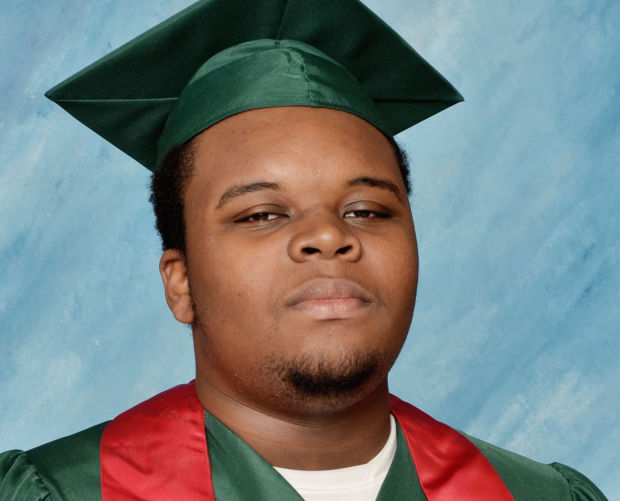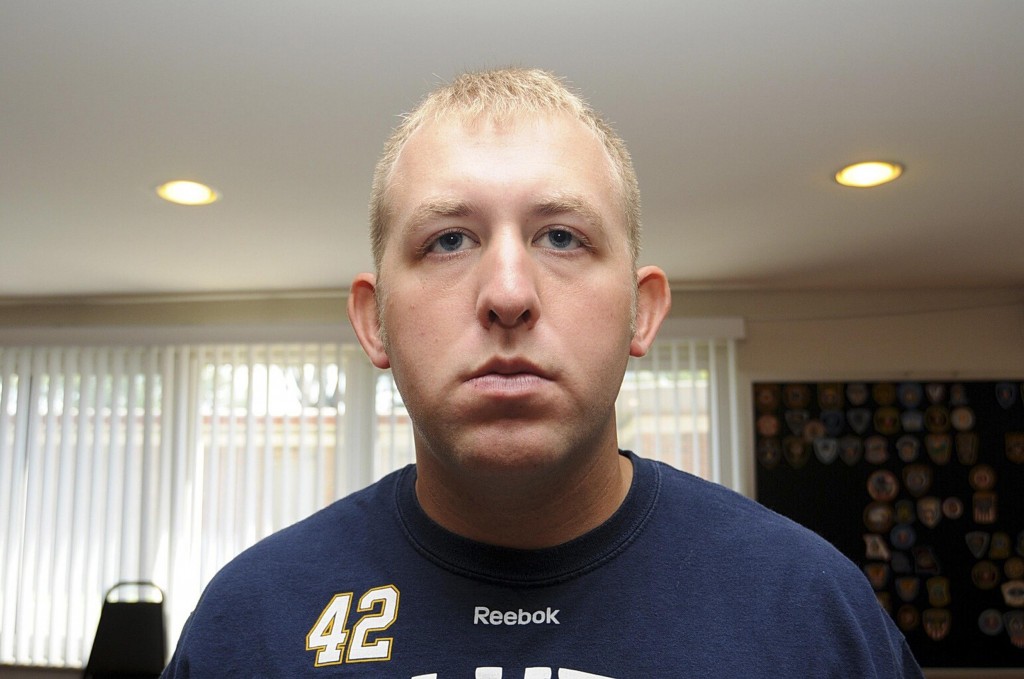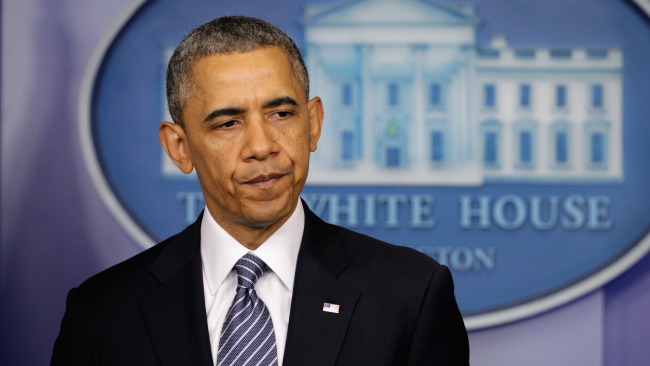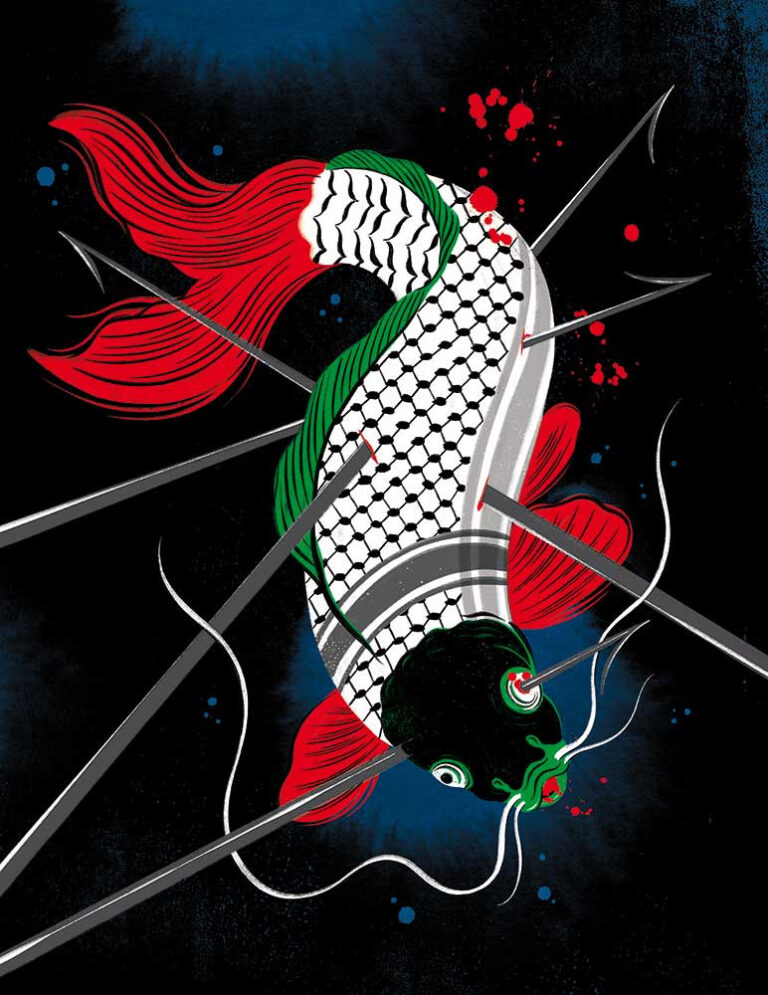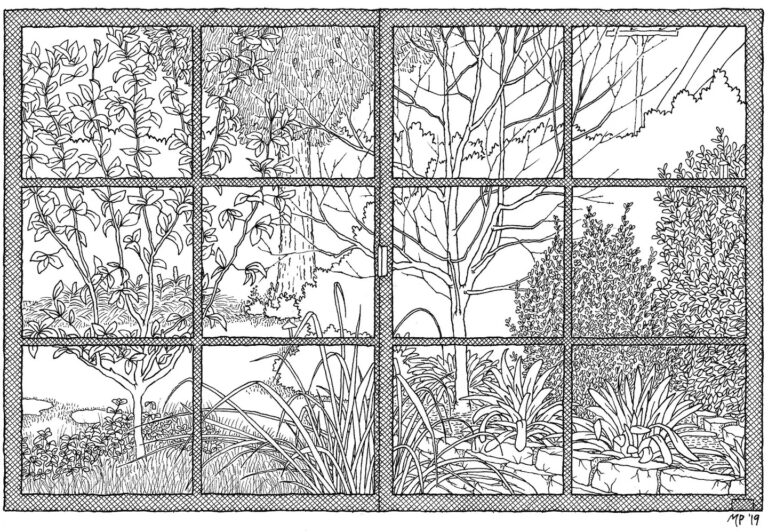Michael Eric Dyson’s “Where Do We Go after Ferguson?” made diaCRITICS editor Viet Thanh Nguyen think about how hard it is to change attitudes about race.
[If you’re living in America, then you most likely have heard about the unrest in Ferguson, Missouri, where a white police officer, Darren Wilson, shot a black man, Michael Brown. If you haven’t heard about it, read Dyson’s article, which conveys the importance of Ferguson to America and its racial attitudes.]
I rarely talk about politics over the holidays, but I had a heated conversation over Thanksgiving dinner about Ferguson with an in-law (a southern white man of libertarian convictions, pro-responsibility but also anti-cop, would never consider himself racist, especially as he is partnered with a Vietnamese woman and the father figure for her sons) where many of the issues addressed by Dyson’s eloquent column came up. I said some of the same things as Dyson, but I wonder if it made any difference.
My in-law probably felt the same way about me as I did about him, that our world views shaped how we saw this issue in ways that were unchangeable by what each of us considered rational argument. We came at this from very different beliefs and experiences. He recounted being assaulted by blacks in the south, which obviously left a deep imprint on his perception of them. I didn’t recount how the only time I’ve been called racial slurs to my face in the US has been by black kids, which didn’t make me anti-black because I didn’t blame them for what they said. We were both palpably angry, although not with each other, I think. Maybe with how intractable the situation of deeply ingrained history is or seems to be, how it repeats itself again and again, and how people with different world views interpret causes and solutions in radically incommensurate ways.
Dyson gets the pessimism of that, the sense that these race problems aren’t changing anytime soon, regardless of a black president. Solutions are to be found at the level of political struggle and policymaking, but meanwhile, perhaps each of these personal conversations can also move things by a millimeter, so that eventually a new generation can move a mile.
What does this have to do with Vietnamese people? Many of my teenage nephews and nieces on my wife’s side were watching this conversation unfold. We had asked them whether they were keeping up with the news from Ferguson, and whether they were affected by racism. No, they said. They were born in America, grew up in San Jose or the suburbs around it, where the culture was diverse and where there were many Asians. They had never experienced racism. So should Ferguson matter to them? What does the death of a black man mean to someone who is not black and who has never felt racism directed at them? Do they look at black people like white people look at black people?
To be Vietnamese in America–to be Asian in America–is to benefit from the racism directed against blacks. Because Americans as a whole are more fearful of blacks, other minorities get the benefit of the doubt, from white people as well as from everyone else. Asians as a whole are seen by whites as the model minority, well-behaved and hard-working, unlike blacks, or so it seems. Even those Asians who are not the model minority, the ones who live on welfare and don’t go to college and join gangs, are not as bad as blacks, or so it seems. The immigrant who comes to America may be strange and different, but as long as he or she is not black, he or she enters America with an advantage over black people–the advantage of not being black. This advantage is passed on to their Americanized children.
It used to be that racial domination in American society meant that people were defined as white or nonwhite. Now one could argue that racial domination is defined as being black or nonblack. Under the old regime, Asians were nonwhite, and therefore lesser than whites. But in the new regime, Asians are nonblack, and hence oftentimes aligned with whites against blacks. It’s an easy advantage to take, to feel that one is not the object of racism, while participating in a system and a society that allows one to enjoy the profits of racism directed against blacks.
For nonblack people not in America, looking at these events from afar, I wonder what the message of Ferguson is. It must be that America has a race problem. But beyond that, what? Is it that black people are the problem? Or that white people are the problem? Or that if they, as nonblack people, come to America, regardless of how they may struggle, they can at least be guaranteed the instant privilege of not being black? Like many privileges, this one is invisible. It’s easy to take it for granted, not even to be aware of it. But if we do want to move that hard mile, millimeter by millimeter, then we need to see those privileges that guarantee our complicity and our silence.
